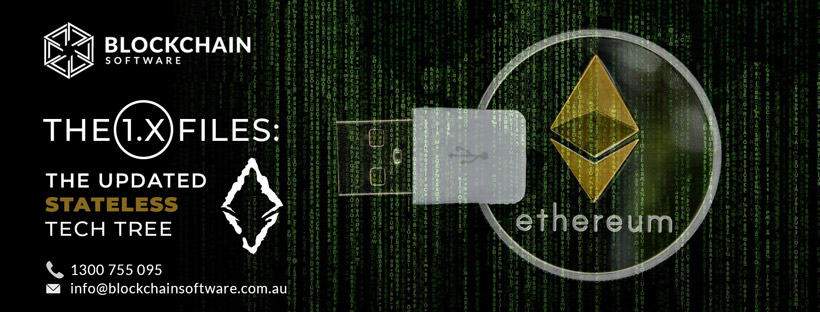CONVERT YOUR REGULAR SUPPLY CHAIN INTO THE SECURE ONE
14 Jul 2023

Crypto-currency networks use blockchain technology as a digital ledger. These networks encrypt transactions between anonymous parties according to a predetermined protocol. Distributed ledger technology, or blockchain, allows users anywhere in the world to transfer digital properties without having to negotiate with third parties. One emerging application of blockchain technology is in the supply chain.
What are the benefits of blockchain technology for supply chains?
Supply Chains need blockchain technology for several reasons:
Increasing Complexity of Supply Chains
Supply chains in the past were linear and had only a few parties. Current supply chains are incredibly complex and often non-sequential. Modern supply chains are multi-tiered systems with a large number of suppliers, manufacturers, logistic partners, storage partners, and. When the system becomes very complicated, it is difficult to perform efficient and transparent operations. Supply chains need technology that is inherently transparent, distributed, and immutable--blockchain technology offers all these features.
Increasing Illegal Practices and Counterfeit Products
One of the biggest challenges of a supply chain is to ensure the legality of raw materials and parts. When a supply chain is spread across multiple geographies and includes hundreds of partners, it is a challenge to trace each process. For example, it is difficult to know if a supplier is using unethical methods to obtain raw materials. Another challenge is knowing if products are counterfeit or real. Without a system to trace each product to its root, fake products can enter the supply chain. As a result, supply chains need a technology that will allow networks to trace every product to its root. One of the main features of blockchain ledger technology is its traceability. This feature will help supply chains fight illegal practices and counterfeit products.
How Can Intelligent Supply Chains Benefit Your Business?
As a part of adopting blockchain technology, organizations need to digitize their supply chain operations. This opens up new possibilities in using artificial intelligence (AI) and machine learning (ML) solutions. These technologies create smarter supply chains with many advantages:
Supply Chain Optimization
With smart supply chains, it is easy to identify bottlenecks. Right from the warehouse to the shop floor, these technologies optimize supply chain transactions and inventory.
Better Synchronization
AI and ML enable better synchronization of supply chain logistics. They help to coordinate the logistical activities across geographical locations and various transportation modes.
Data Unification
With blockchain technology and intelligent supply chains, organizations can unify all their data, including data that is spread across various formats. Intelligent supply chains enable organizations to make data-driven decisions and better supplier collaborations
How Does Blockchain Fit into Supply Chain Networks?
Blockchain technology ensures transparent, traceable, and tamper-proof transactions. Modern supply chains have a large number of transactions between hundreds of different partners. The very nature of blockchain technology naturally fits with the requirements in the supply chain networks; and starting from financial transactions to product tracing, blockchain technology has a multitude of applications for supply chains.
Tracing Products to the Root
Blockchain technology remedies this issue by ensuring traceability. With blockchain technology, the manufacturer can trace the canned tuna to the precise shipping boat it comes from. Every stage in the product’s movement through the supply chain is added as a transaction to the blockchain. It is immutable and transparent. This is how blockchain helps to ensure product traceability, which will minimize recalls and revenue loss.
Payments Through Cryptocurrency
While not yet widely adopted, financial flow in the supply chain can be managed through blockchain technology. Some businesses have started adopting blockchain-based technologies like bitcoin for financial exchanges. The blockchain-based financial flow is easy to track, transparent, and does not need a central authority to monitor.
Managing Contracts Between Participants
Blockchain technology can be used to execute smart contracts between supply chain partners. Complex supply chains have hundreds of partners and thousands of contracts. Each of these contracts can be added to a block in the blockchain transaction. Due to the immutable nature of blockchain transactions, each of these contracts remains tamper-proof--no party can rewrite or tamper the contract.
Preserving the Information Flow Immutable
In large supply chains, a lot of information flows from one stakeholder to another. This might be product specification from the manufacturer to the part supplier or quality specifications. In some cases, this information is misplaced or misinterpreted by various partners--especially if paper-based. Even with digital information flow, data can be lost in emails or messages. Adding each information exchange between the partners as a block can solve this issue by increasing the transparency and traceability of information exchanged between partners.
